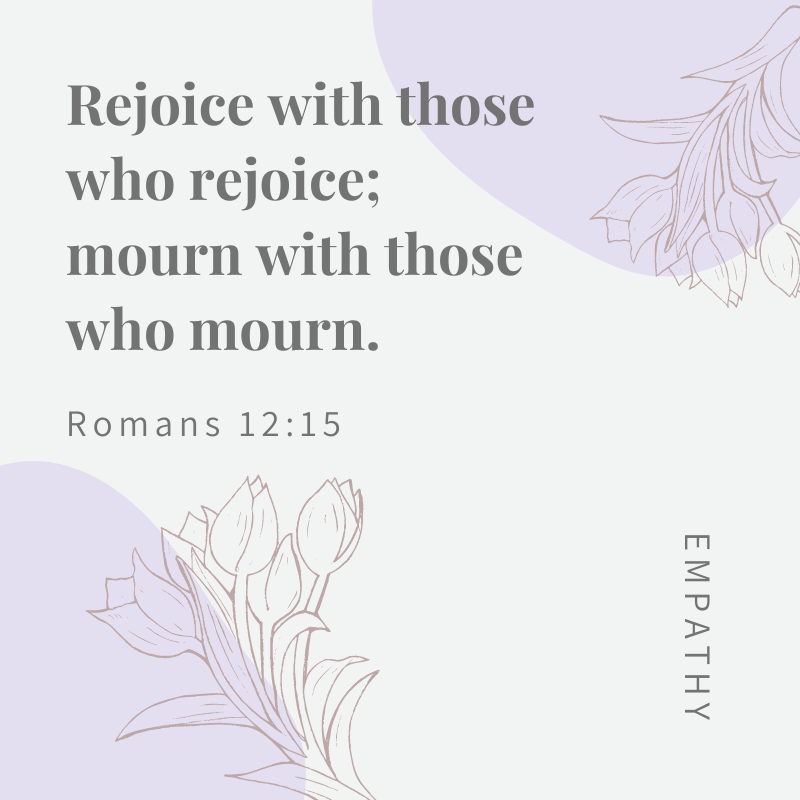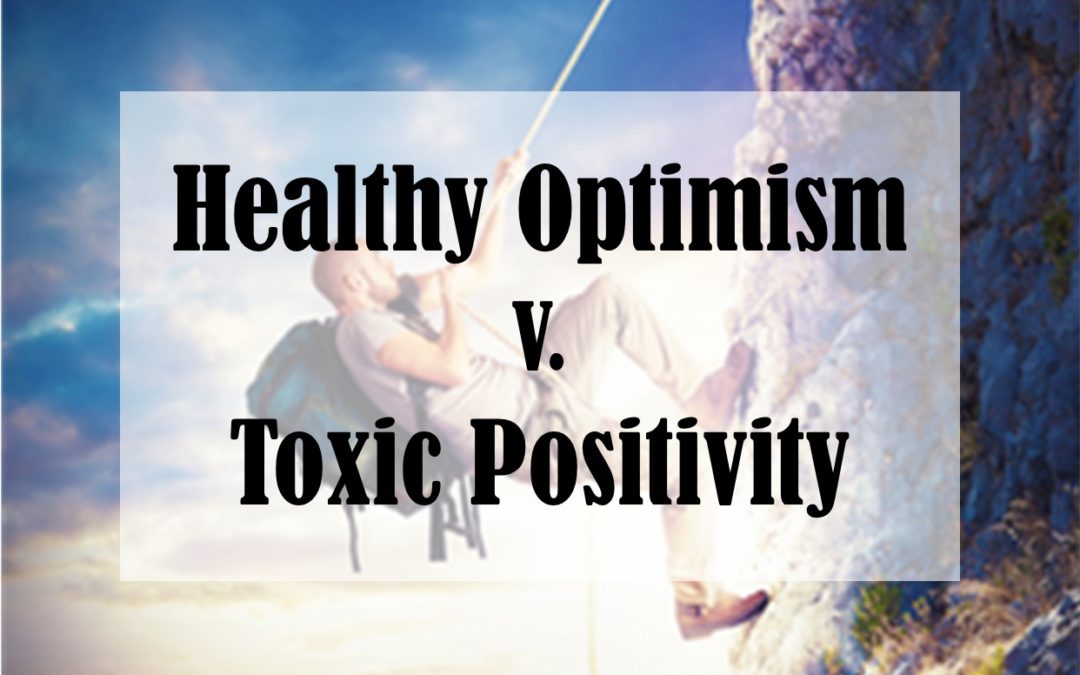
A newsletter I subscribe to (Soul Shepherding) recently discussed the fascinating problem of “toxic positivity.” I confess I had never heard the term, but I immediately recognized the problem. I think we all do.
Some of the common signs of toxic positivity:
- rejection of negative emotions in yourself or others (displaying a false front of happiness that doesn’t seem congruent with the situation)
- talking yourself or others out of difficult emotions (leads to stuck emotions that lead to depression)
- shaming yourself or others for emotions
- disrespecting the emotional experiences of others; pushing others to be upbeat
Of course, being a positive person is – well- a positive! Folks who always see the glass half empty or constantly point out reasons our ideas or dreams won’t work are a drag. I remember Glum on the children’s cartoon version of Gulliver’s Travels.
“It’s hopeless.”
“We’re done for.”
“It’ll never work.”
“We’re all gonna die!”
Now, that’s toxic negativity!
But the Soul Shepherding newsletter points out that the opposite extreme is no better. When somebody has toxic positivity, they insist that we (and they) remain happy, bubbly, and cheerful no matter the situation.
More painful, even some Christians can inadvertently make you feel that if you just had enough faith or trust in God, you wouldn’t be sad or angry about a situation.
There are times when insisting we look for the positives in our circumstances actually create hurtful and even destructive dynamics.
When my father died unexpectedly in 2004, I learned that the only way to recover from a loss is to confront it. This requires the hard work of grieving, letting go, and moving forward toward the future without the person we love. I needed permission to feel my pain. In retrospect, I can see the many gifts and signs of grace in the weeks after my father’s death. But in the moment, I needed permission to have my sadness.
This is true of many struggles in life – betrayals, losses, disappointments. While we don’t want to become stuck in our feelings, if we ignore our feelings we’ll become stuck anyway.
- If we ignore sadness, we can’t process it, so we’ll never heal it and allow those memories of our loved one to become integrated into our life’s narrative.
- If we ignore anger, we can’t process it, so we’ll never be able to heal our relationships with honesty and forgiveness.
- If we ignore frustration, we can’t process it, so we’ll never become mature, adaptive grown-ups.
The Catechism affirms that we need all our emotions to live a vibrant, Christian life:
In the Christian life, the Holy Spirit himself accomplishes his work by mobilizing the whole being, with all its sorrows, fears and sadness, as is visible in the Lord’s agony and passion. In Christ human feelings are able to reach their consummation in charity and divine beatitude.
CCC 1769
Faith and Reframing
I can think of many ways to distinguish “toxic positivity” from other habits and advice that encourage a positive approach to life, but maybe I’ll mention a concept called “reframing.” Toxic positivity isn’t the same thing as reframing.
Reframing is the ability to see a challenge, setback, loss, or mistake from a different perspective so you can find solutions or wisdom. This concept is quite familiar in the social sciences; it’s a powerful tool for helping people see the big picture in a particular situation so they can find creative ways to respond.
Reframing allows people to look for the potential and possibilities in a setback, lessons in disappointment, hidden blessings in losses. Where is there new hope, new lessons, new friendships moving forward?
The way I see it, toxic positivity avoids seeing and accepting the clouds of life; reframing is a merciful way to lead somebody through and out of the clouds.
Of course, timing is everything, even with reframing. When somebody is distraught, in the moment they need empathy; they need strong arms to hold them up. “I would feel the same way.” “You’re going to miss her so much.” “You loved that job.” They need permission to feel crummy for a while! This is why the “look on the bright side” is so painful sometimes even when the intention is admirable – the timing is off.
As Catholic Christians, our faith can shape or reframe our perspective about our lives and experiences in such a way that we face reality courageously and wisely. Sometimes life is hard. We lose jobs and friends. Life doesn’t always go our way, but God is always on our side. We can know with confidence that if we are faithful and allow God to lead us, he will get us where we need to go. This is the inexplicable peace we see in the saints. We don’t need to get our way to live happily; we only need to abandon ourselves to his care.
So what is the difference between toxic positivity and healthy optimism?
- Rejecting emotions is toxic; accepting that emotions come and go is healthy.
- Dismissing anger, fear, or sadness in others or yourself is toxic, but processing these emotions so we can heal ourselves and our relationships is healthy.
- Denying reality is toxic; recognizing a path forward despite reality is healthy.



